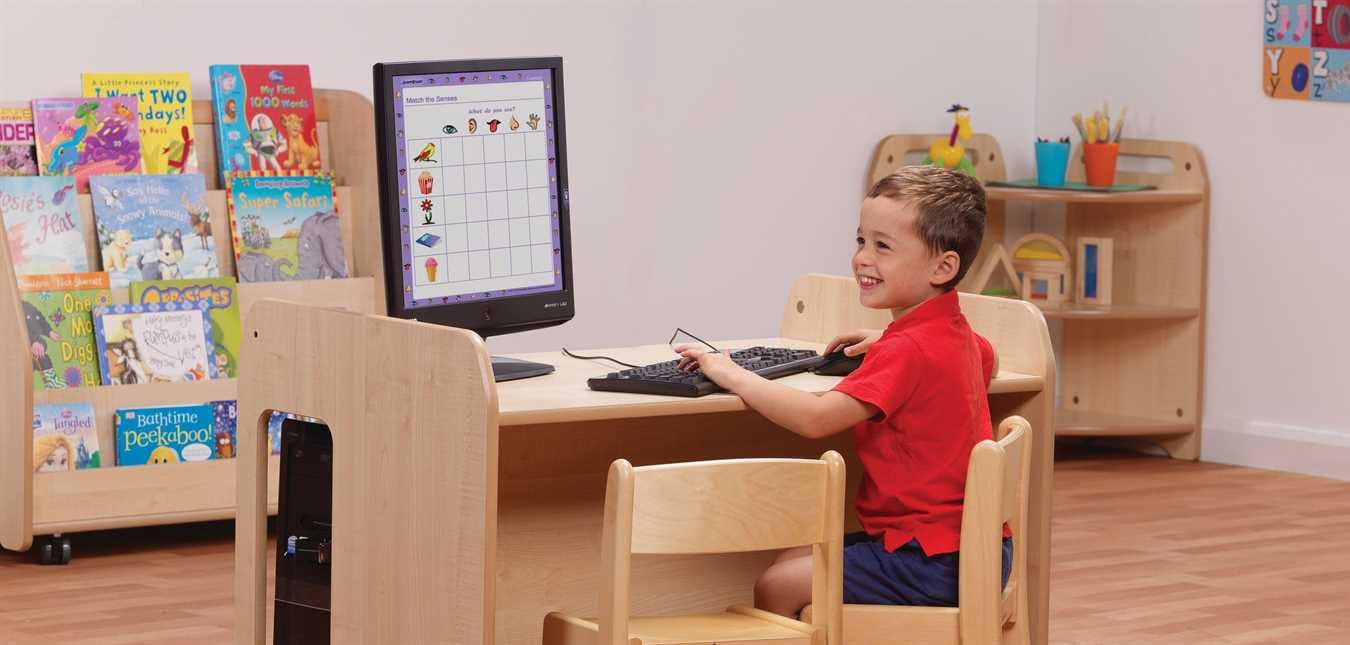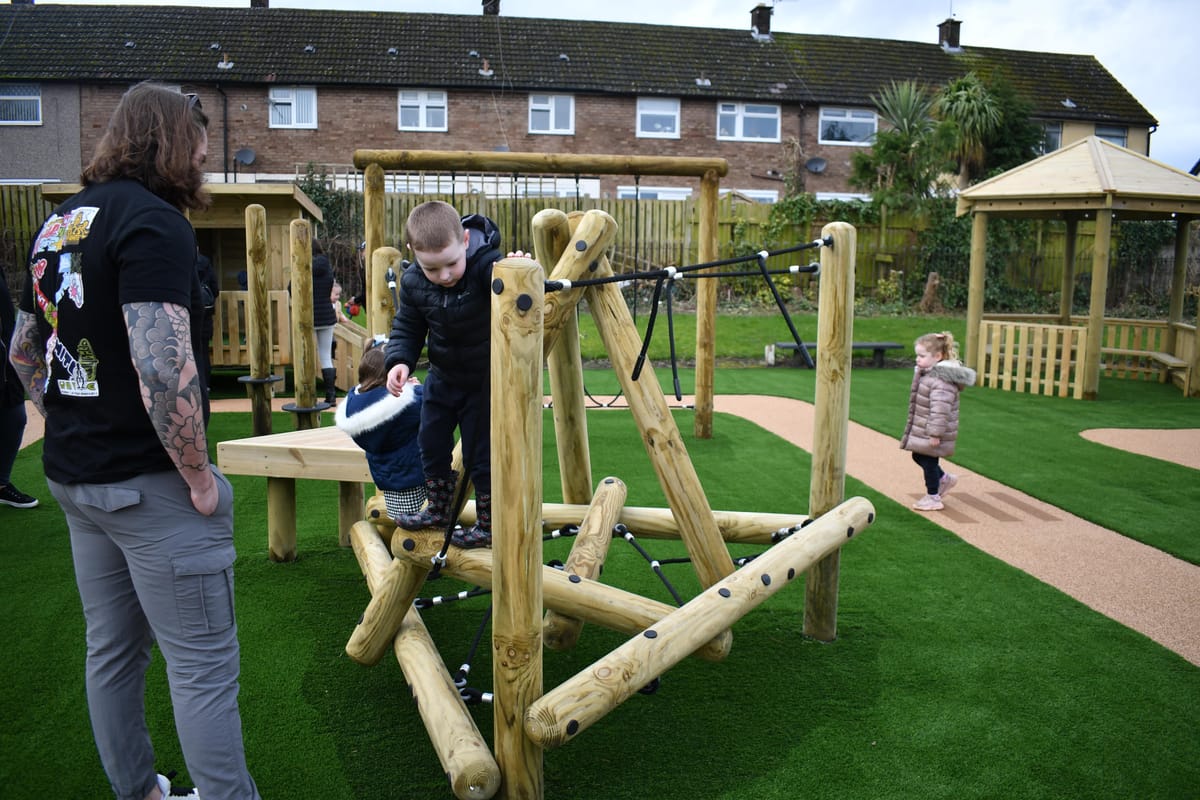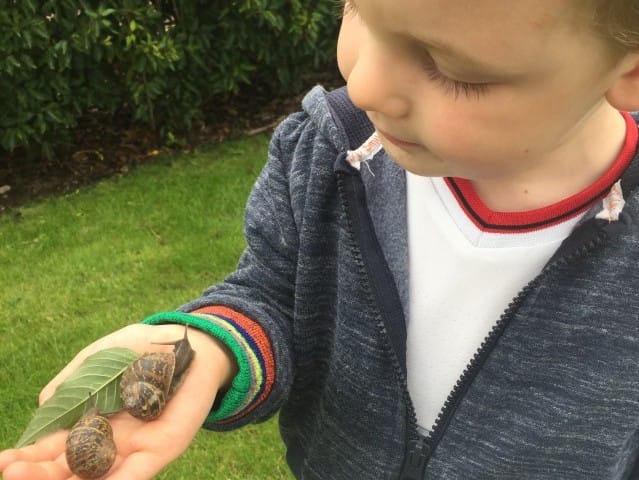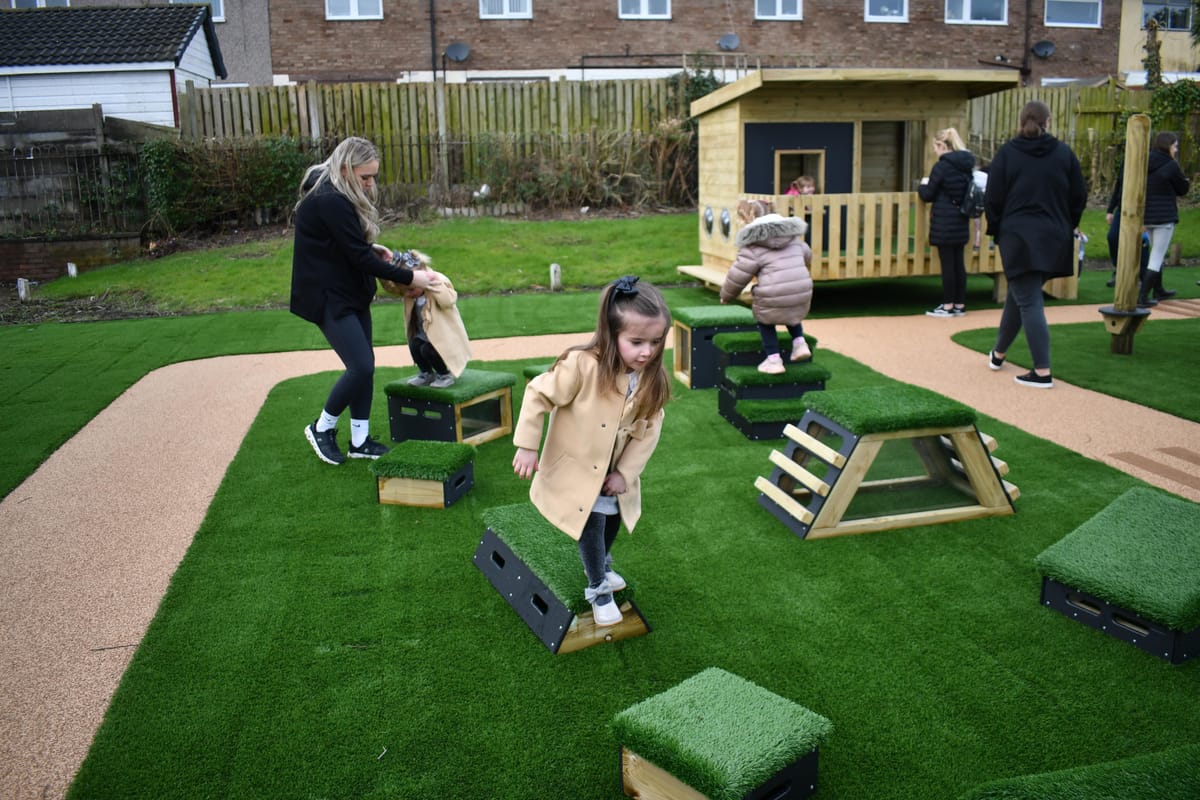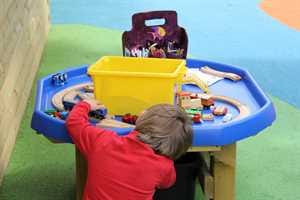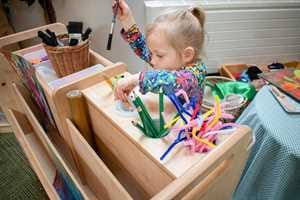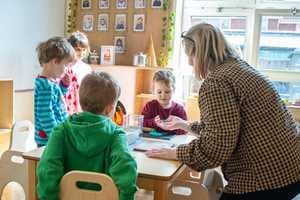
Children's Health
How to Balance Screen Time and Outdoor Play for Children!
Childhood today appears somewhat different from my own where I can remember running around outdoors with friends, unsupervised by adults. Young people now seem to spend their formative years mostly indoors, sitting, doing homework and consuming screen-based media. After school and weekend activities often involve adult-directed organised activities.
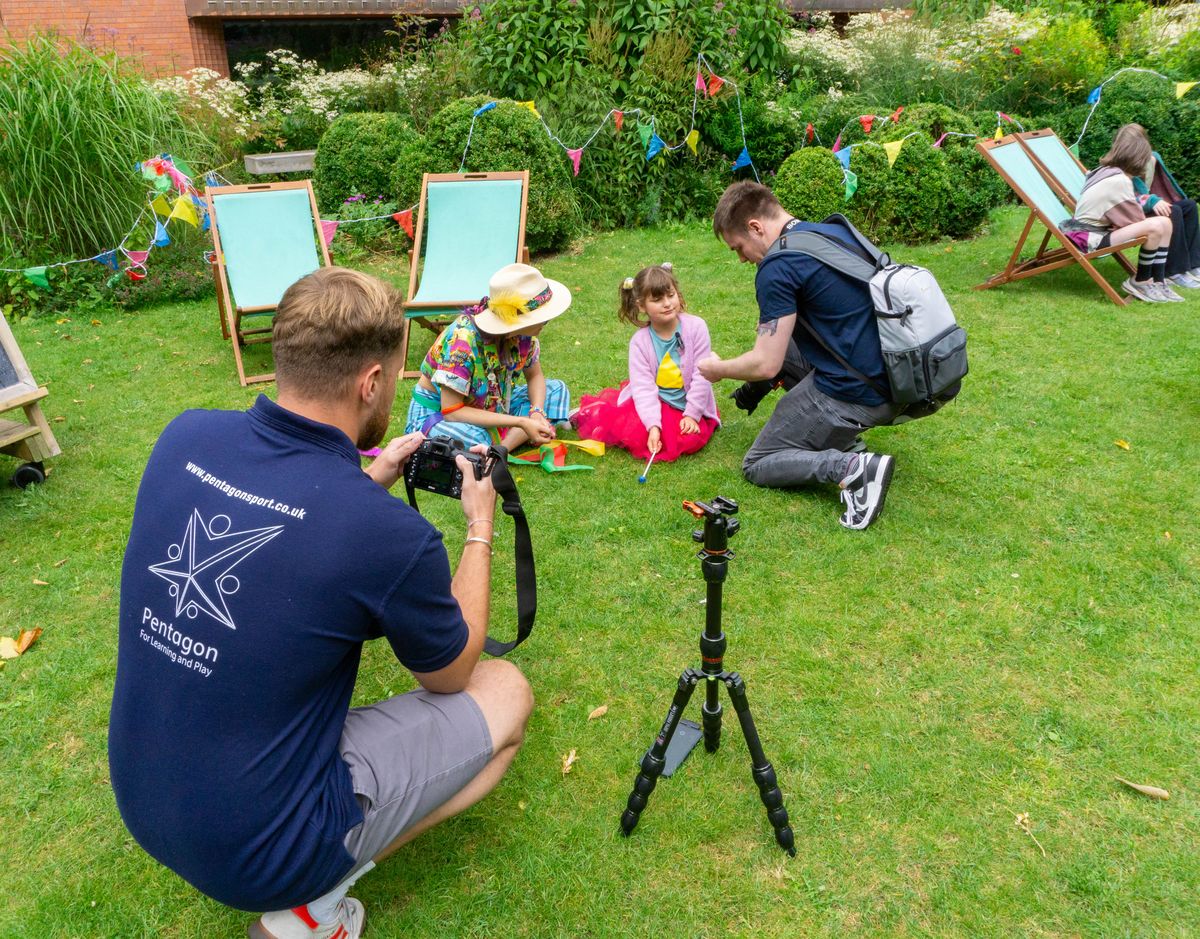
Sometimes I sit and consider what I loved doing most as a child, the memories I made, the freedom I had and how I can give some independence back to my own children.
Current Statistics Regarding Screen Time
Government statistics suggest a 52% increase in children’s screen time between 2020 and 2022 and that nearly 25% of children and young people use their smartphones in a way that is consistent with a behavioural addiction.
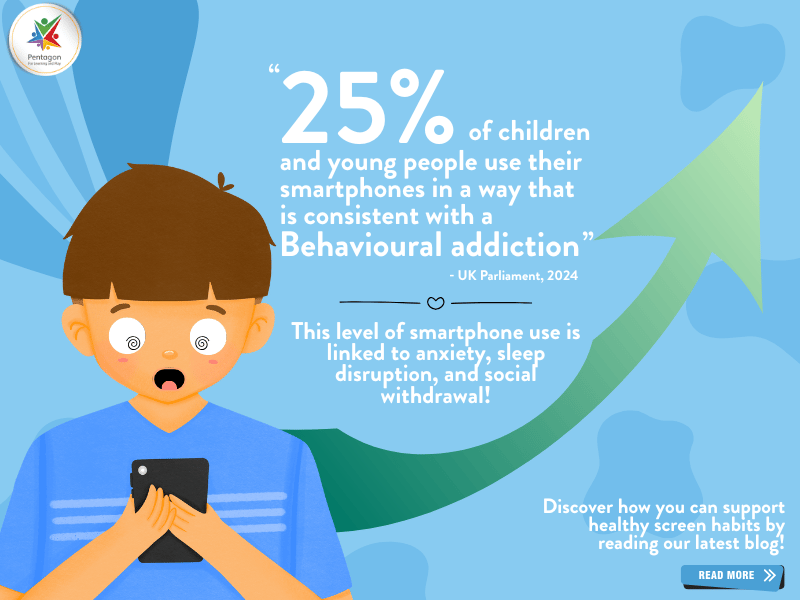
Screen use has been found to start as early as six months of age. One in five children aged between three and four years old have their own mobile phone, increasing to one in four children by age eight and to almost all children by age twelve.
The Decline in Childhood Play
For the last 25 years Pentagon Play have installed thousands of outstanding play spaces for children of all ages, encouraging our young people to get outside to play, learn and socialise.
The importance of play in childhood is at the heart of all we do here at Pentagon Play but are our children in the UK playing enough?

A 2025 BBC news report states that the amount of time children spend outside has declined by 50% in a generation and that children are less healthy and less happy than they’ve ever been.
This blog examines the rise in the presence of digital media and how we can find the balance between screen time and time for imaginative and physical play.
The Importance of Outdoor Play in Children’s Daily Lives
Outdoor play helps children to understand the world around them. It also contributes to their quality of life, their well-being and their physical, social and cognitive development. Nothing can replace it.
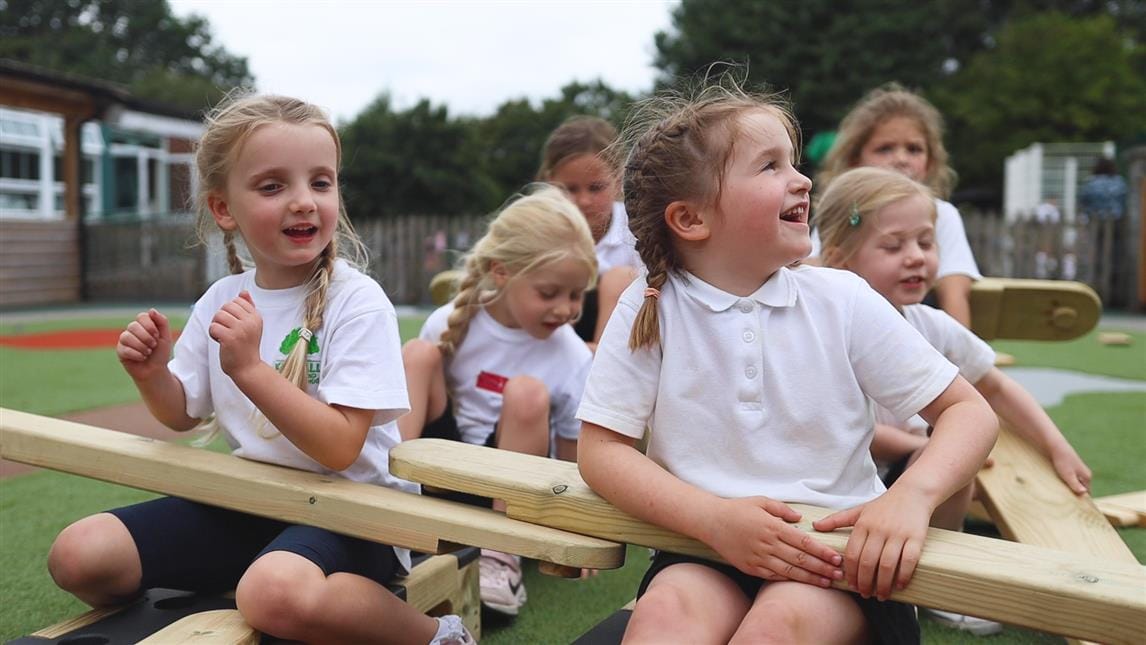
Through imaginative play children learn social skills and how to solve problems. They learn to cooperate, to solve disagreements and to take some risks but most of all play can provide endless hours of joy and fun. If children are spending more time playing on screens, they may be spending less time playing and engaging with peers in ‘real life.’
Making Time for Challenging, Physical Play
Children need to be able to challenge their bodies physically. Playgrounds, parks and leisure centres provide children with a break from technology. Offering a place for climbing, swinging, hanging, hopping, rolling and jumping.
These activities are actually crucially important for developing gross and fine motor skills, endurance, strength and posture. A playspace exposes young people to a range of sensory-rich experiences helping children to navigate environments effectively.
Young people desperately need playtimes. Children have an intense need to run, shout, swing and slide. Bursts of physical activity throughout the day can help children to focus when it comes to sitting and listening. For some students it simply isn’t enough to run in the school playground, they also need to climb, to build, to ride and to swing to engage fully in free play and to burn off energy.
Healthy Development
Children need plenty of unstructured, active play in their daily lives to aid healthy development. Observational studies have been found to link screen usage with increased risks of obesity.
Screen media exposure leads to obesity in children through increased eating while viewing. The strongest association of obesity happens when children are allowed longer periods of screen time and have a television in their bedrooms.
Healthy Sleeping Habits
A bedroom without screens can improve the quality of children’s sleep. NHS guidance reports that electronic devices can affect the length and quality of a child’s sleep. If smartphones are put away 1 hour before bed young people gain an extra 21 minutes of sleep at night which adds up to 1 hour 24 minutes during the school week.
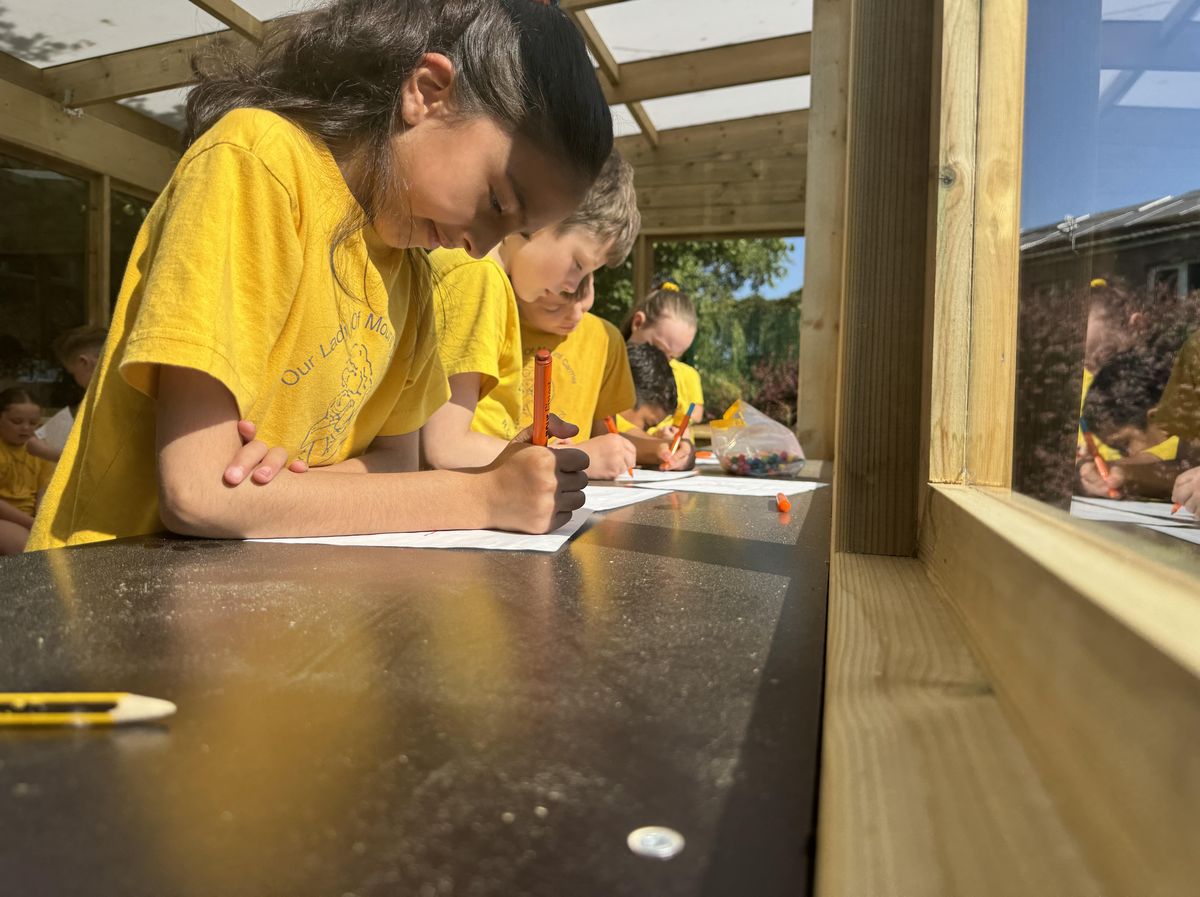
Screen use interrupts the production of melatonin, the hormone which helps us to feel tired and controls sleep patterns. Quality of sleep can be affected even once a young person has fallen asleep. They may be missing out on deep, restorative REM sleep which is crucial for processing information. It will be difficult for children to remember and consolidate key information if they are tired.
Regular physical activity can assist young people in falling asleep faster and sleeping better. Playing outside in the fresh air can certainly help to burn off energy and promote tiredness.
Getting the Balance Right
When I think back to my own childhood, particularly time spent trawling through my encyclopaedia to help with homework tasks, I certainly recognise and respect what technology can do!
Technology is part of all of our lives but I think the problem lies when we get lost in scrolling which leads to distraction. We certainly enjoy watching programmes and movies together in our household, taking photographs, having video calls with relatives and completing set homework tasks online. Yet sometime I feel we are drawn to technology when actually we could consider better alternatives.
To quote American author Neil Postman time spent watching television ‘requires no skills and develops no skills.’ As adults do, children also require periods of relaxation but if we were to put a limit on screen usage would our children have more time for reading, playing, sports, learning an instrument or spending time outdoors?
It is worth considering what children can do without their devices and what is sometimes lost when they do use them.
I’m Bored!
Does the usage of screens for entertainment actually allow children to feel boredom? Boredom and unstructured downtime can actually encourage children to find inspiring and creative ways to entertain themselves.
When children’s minds are allowed to wander and daydream, they may develop creative habits such as journaling and doodling where they can come up with ideas and try things out which can lead to original work.
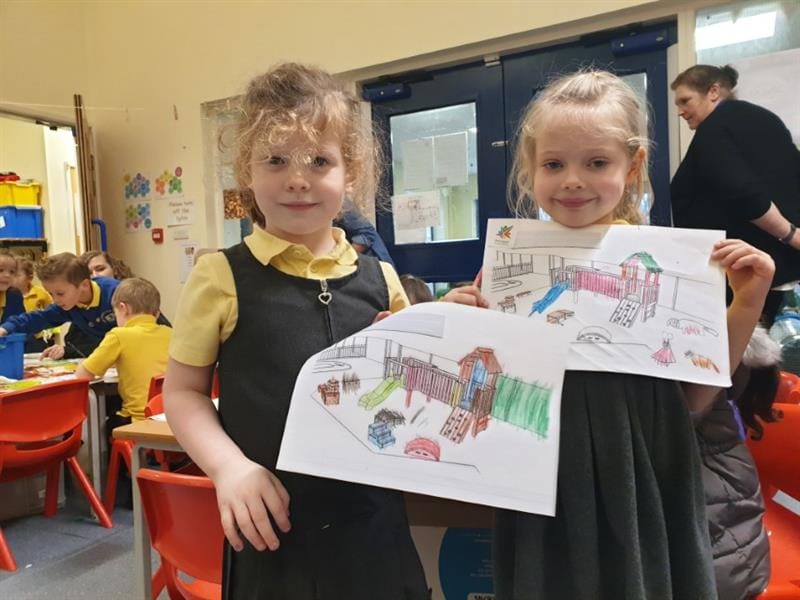
Limited screen time creates opportunities for children to develop skills and hobbies. Children may use their new time to create things, fix things or watch them grow, putting their head and hands to good use. They may immerse themselves with a group of people rather than having online conversations.
There are so many ways to spend a day offline away from screens. Ideas include:
- Make a comic book about a current favourite character
- Go for a long bike/scooter ride
- Build a den
- Create a treasure hunt for a sibling/friend
- Put on a play
- Try to beat your own record – how many skips in one minute?
- Perfect a recipe
- Plant a garden
- Feed the birds
- Make paper aeroplanes and junk model boats
- Play cards and board games
Spending More Time Outdoors
When children have regular and unrestricted access to nature, they enter imaginative worlds of play where valuable learning is bound to take place. Children may feel happier outdoors where they can engage in group activities.
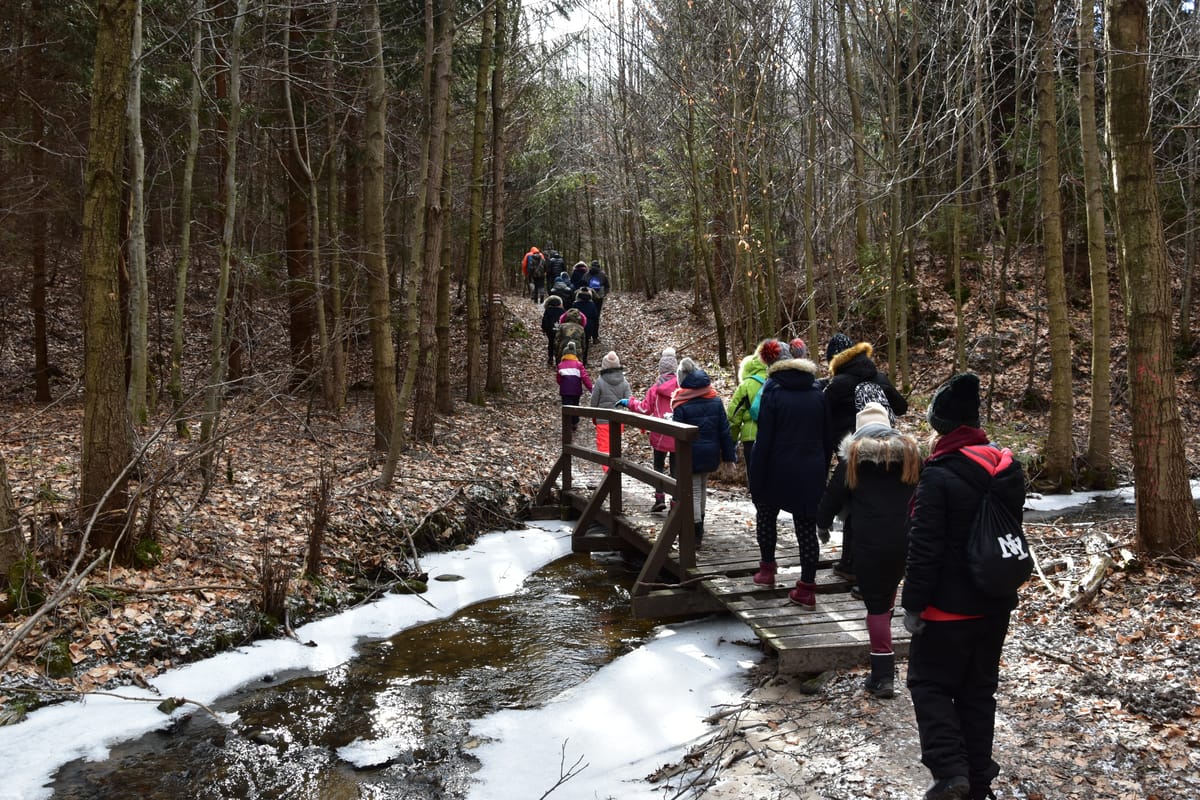
A natural environment provides children with opportunities to release energy, express strong feelings and think more freely. Being outdoors may help children to regulate their emotions, to stay calm and to relieve any feelings of stress or anxiety.
The 1000 Hours Outside Challenge
The 1000 hours outside challenge created by Ginny Yurich encourages families to spend time outdoors by tracking hours spent outside over the course of a year.
Spending 4-6 hours a day outside may not be realistic but current statistics claim that the average child is probably outside for 30 minutes or so a few times a week.
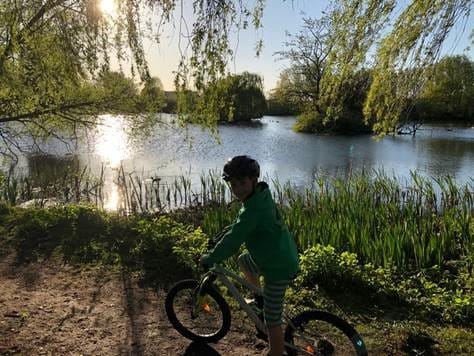
The simple act of having a goal can help when thinking about how we schedule our time.
Embrace Risky Play
Risky play refers to children experimenting and taking some risks. Whether that be hanging, jumping, climbing, riding a bike, rough and tumble play or exploring somewhere on their own.
Through risky play children gain physical strength and balance, confidence and resilience. Young people learn to test things out and assess risk for themselves, they learn how to manage fear and how to tell when a risk is too big.
Risky play can look different for different children, depending on capabilities and comfort levels. What is important is to give children the opportunity to be able to figure out for themselves what they want to do and how far they want to push themselves.
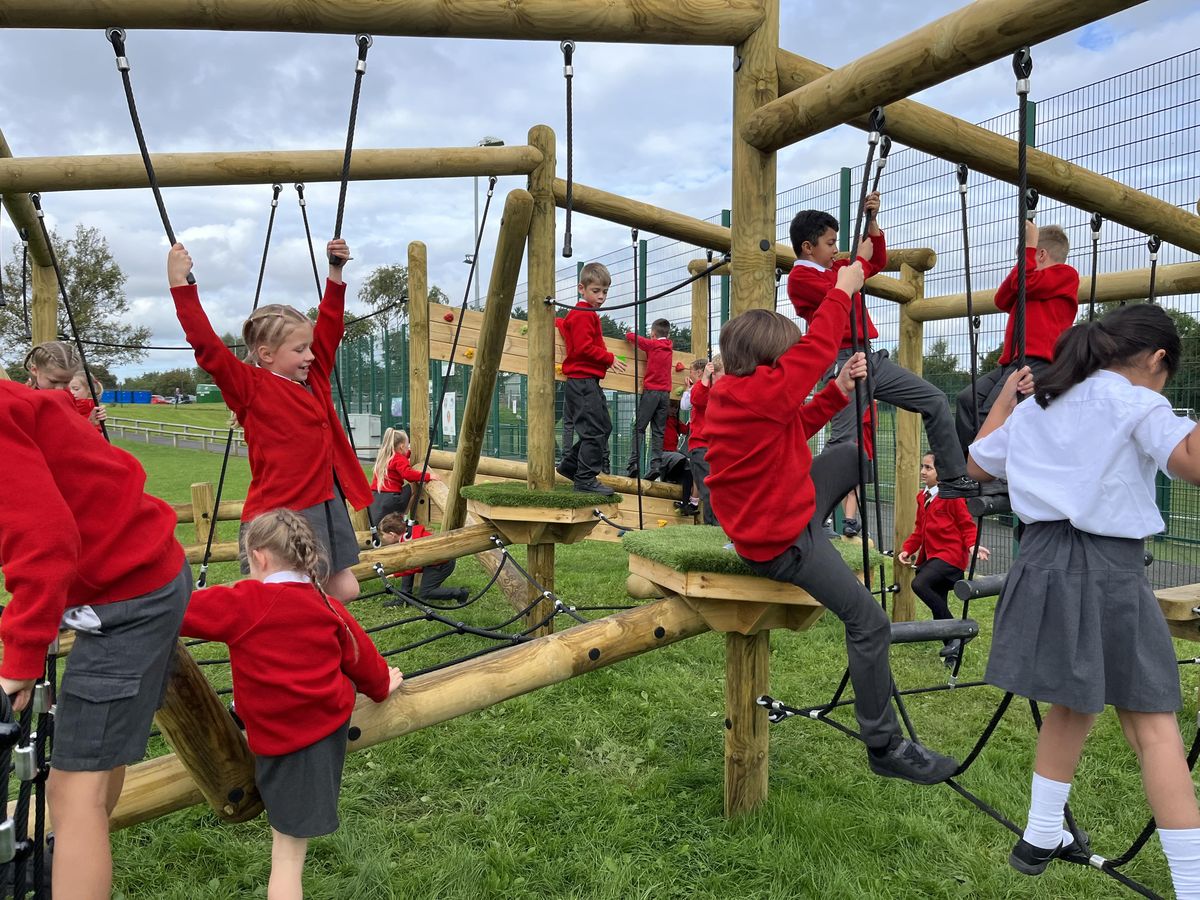
When children have access to outdoor risky play, they will be more likely to opt for real-life thrills over virtual ones. Computer games may not hold the same excitement as children embrace more of the ‘real world.’
The Power of Reading to Children
Reading together as a family can be a great source of entertainment and relaxation yet can take a backseat to screen time. Regular reading for pleasure helps to build a routine and a real passion for books.
Reading together doesn’t need to stop as soon as children learn to read, adults can select books that are more advanced in order to extend vocabulary and introduce different themes and genres. Books are a powerful tool in sparking children’s imaginations and helping them to learn about empathy through viewing the lives of others.
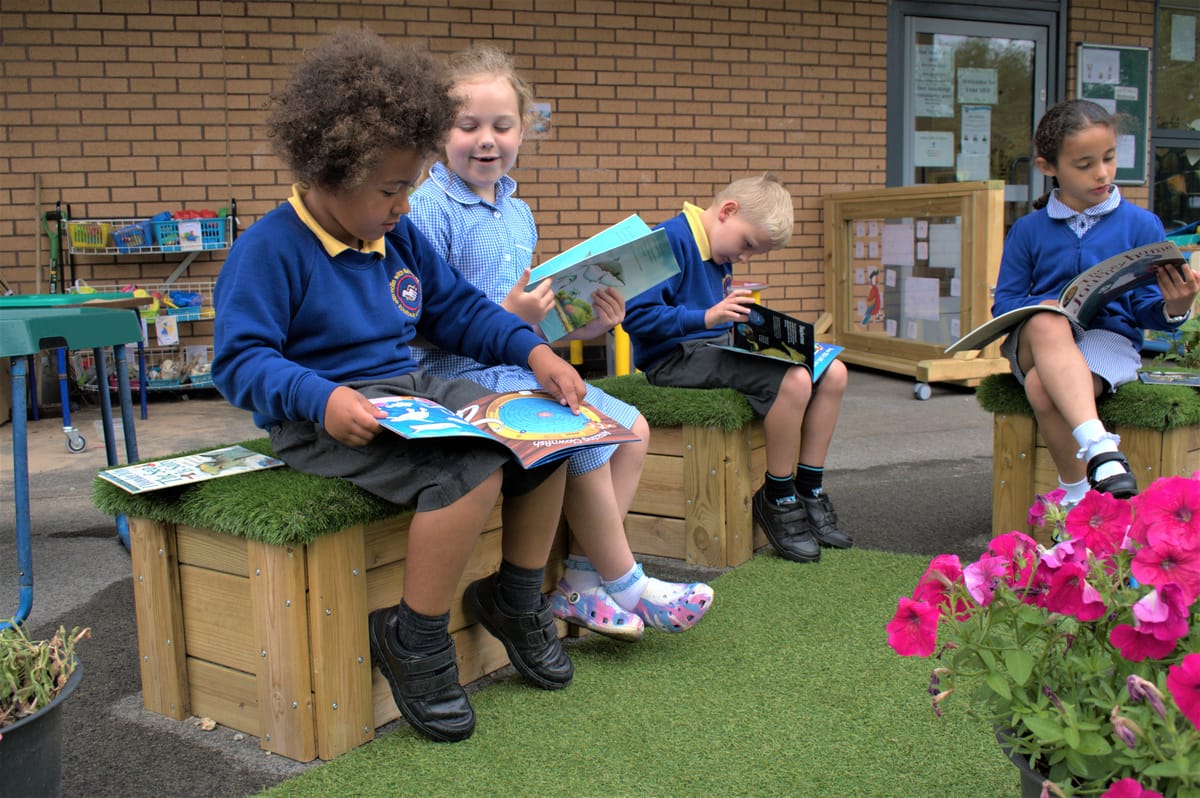
Reading is a great habit. It is important to model reading to children, they will be more likely to copy if they see their parents sitting down to enjoy a book on a daily basis.
Digital Technology and Schools
Young children are increasingly interacting with digital technologies. Schools can show children how digital tools can be used to enrich learning activities therefore exposing children to new ideas and concepts. This type of learning does not necessarily need to happen through screens alone as children can learn how to code through the use of puzzles, robots and games.
As discussed, children need to interact face-to face, to play vigorously, to spend time outside using nature as a classroom and to read physical books. Therefore, schools should focus on quality engagement with digital technologies, under the guidance of an adult and integrated into a broader set of learning experiences.
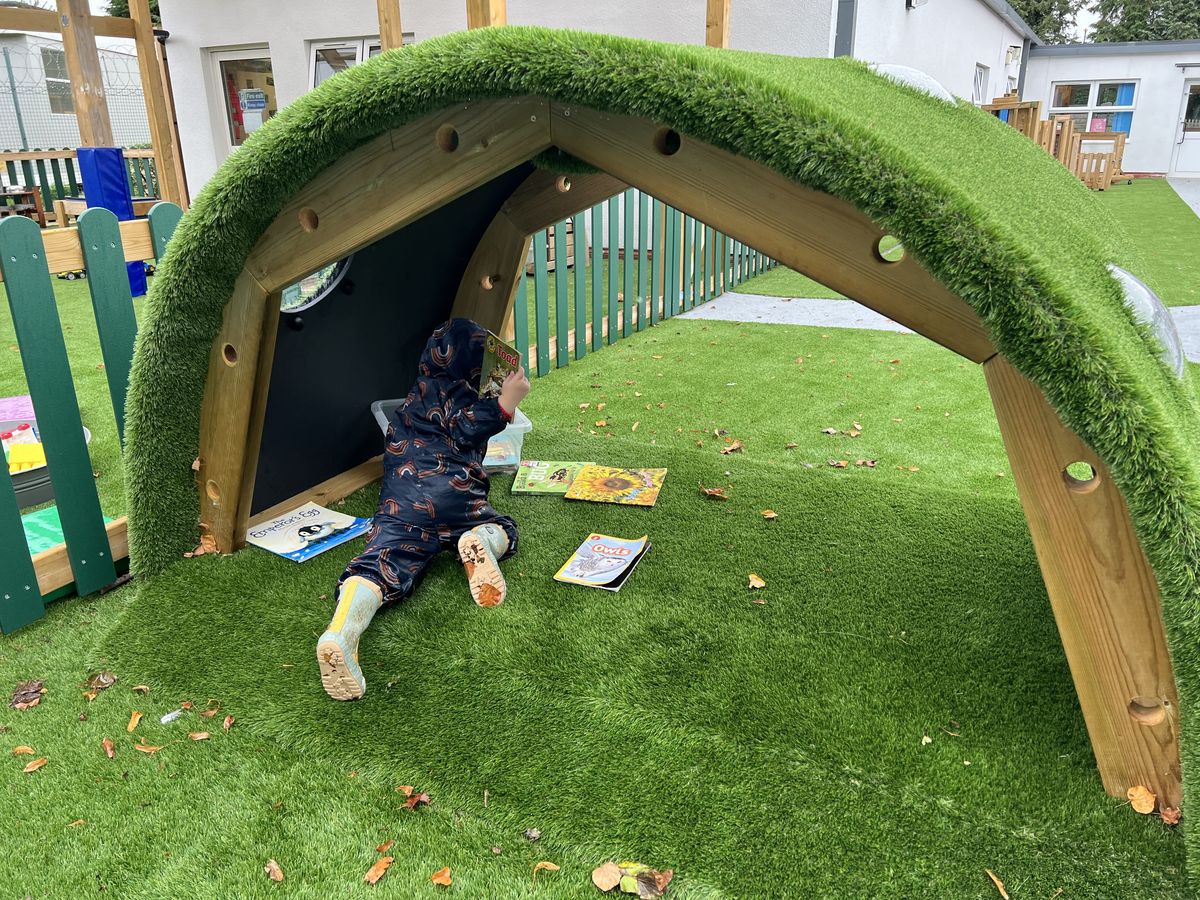
Our modern world makes a blanket ban on screens and technology impractical and ineffective. Children need to be equipped with digital skills in order to engage with technology in safe and creative ways but perhaps digital learning should be somewhat approached with caution as older models of learning can hold value that newer ones lack.
Finding the Screen Time Balance
It’s not always easy to take a stand against digital media and screen use. We don’t want our children to feel ostracised if they don’t join online games or the group chat. Yet it may be beneficial to assess what a child is gaining from their time on devices and the impact it is having on them and their behaviour. Limits can be put in place and young people can be encouraged to take part in other activities which include physical and imaginative play.
The World Health Organisation advises that children:
- Below 2 years of age should not be exposed to any screen time.
- Between the ages of 2 and 4 years should not watch more than one hour daily.
- Between the ages of 5 and 17 years should not watch more than 2 hours daily.
Suggested tips for the best and safest ways to use screens include:
- Encourage children to take breaks from screens.
- Use parental internet controls.
- Join in with your child’s screen time, creating a more interactive and sociable activity.
- Use screens in family spaces.
- Turn screens off when playing and chatting with a child.
- Practise no screens at mealtimes to promote good-quality family time.
Use Pentagon Play to Help Bring Back Play to your Setting!
Pentagon Play can help to improve you school, park or leisure centre. We care about children spending more time outside, engaging in free physical play and having a childhood filled with fun.
Contact us today to learn more about the playful environments we create and how we can help to foster a healthier balance between screen time and outdoor play.
Let’s bring back play for our children and make the shift from sedentary time to playtime.
